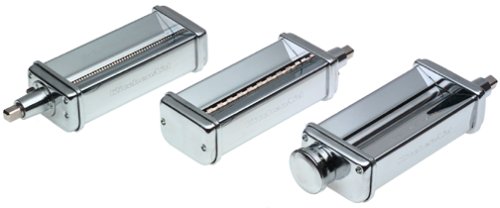A drill is an important tool for drilling, or holes accurately spaced precise depth. A drill works with belts and pulleys. The motor drives the belts and pulleys to rotate the spindle and spring. The chuck grips the bit. With the right settings, you can analyze almost any angle without fear of the drill.
With the right equipment, can serve as a slot machine drill chuck, or a bag of sand, punching machines. A drill has some advantages over ahandheld drill such as the ones listed below:
Less effort is needed in applying a drill press to the workplace. The movement of the spindle and chuck is by a lever working on a pinion and rack that gives the operator substantial mechanical advantage. The table allows the clamp or vise to position and lock the work in place making the operation much safer.
The angle of the spindle is set in relation to the table and allowing the drill press to drill holes repetitively and accurately.
Drill presses are used for various workshop tasks like honing, polishing or sanding. This is by mounting sanding drums honing wheels and other accessories in the chuck. It can be risky on numerous drill presses.
There are two types of drill presses. There are the floor model and bench top varieties. The floor model drill press usually has more attachments or accessories. It also has more powerful motors and better material handling facilities. The additional versatility makes this drill press a good choice for commercial shops and serious DIY shops.
The bench top drill press mounts directly on its own stand or to a workbench. The compact sizes make this drill press a good choice for small shops.
A drill press is recommended for both drilling the first hole and on tapping it. Attachments are essential to assure tapping onto a drill press.
To tap on a drill press, first bore the initial hole on a drill press for a precision of width. If the width is ½ inch or larger, bore a pilot hole around half of the initial hole width.
Set up the drill press for tapping. Add a tapping accessory to upright and sensitive drill presses. The sleeve is the resolution for two tapping needs. It automatically turns around whenever the drill press is elevated so the tapped threads are preserved.
Use your middle finger. Place a pointed finger on the chuck to lineup the middle of the spindle with the hole.
Select the tap type such as bottoming tap, plug tap or taper tap. The bottoming tap only has two chamfer threads and the plug tap has less chamfer threads. The taper tap has some chamfer threads shaping a tapered cone on the inserting end.
Match the size of tap. Use the specified size of tap to thread the hole width. Taps purchased with drill bits will have a size to match yours.
Cut the threads of the tap. Grease the tap with tapping solution. Begin drilling and subordinate the tap quietly into the hole.
 | Price : $118.00
| Price : $118.00









